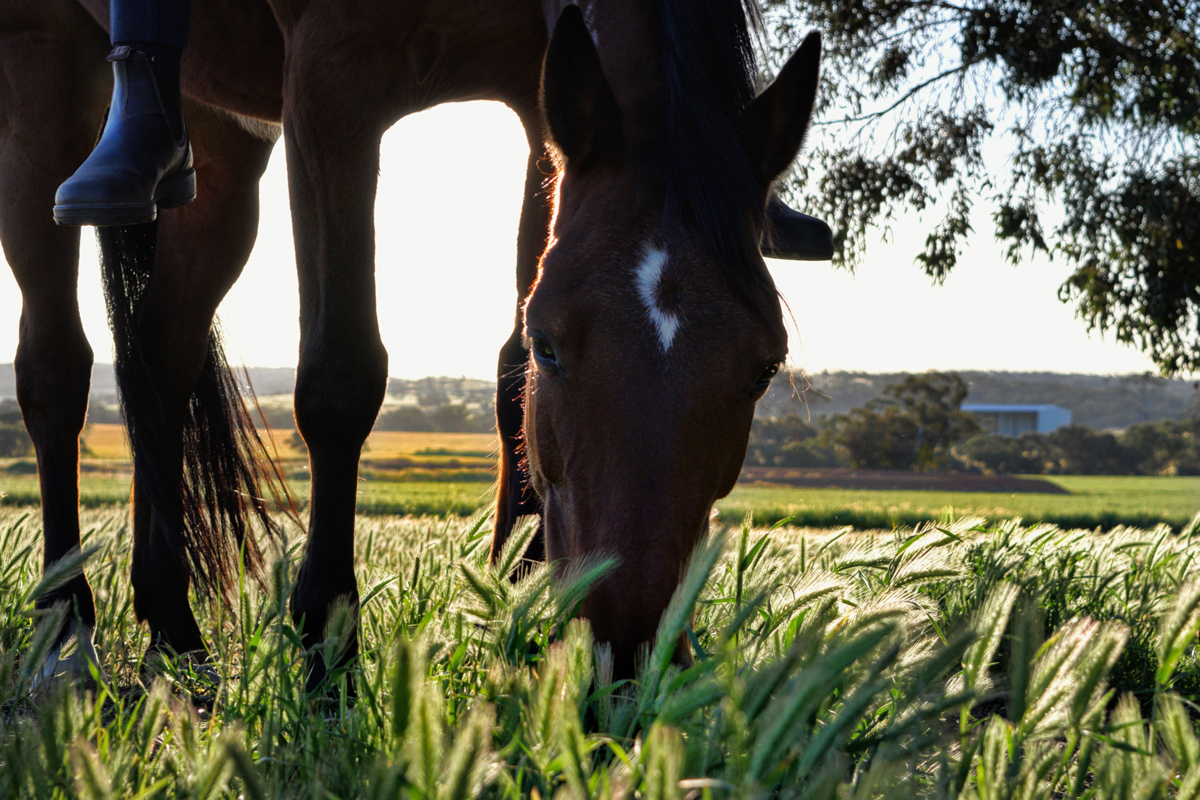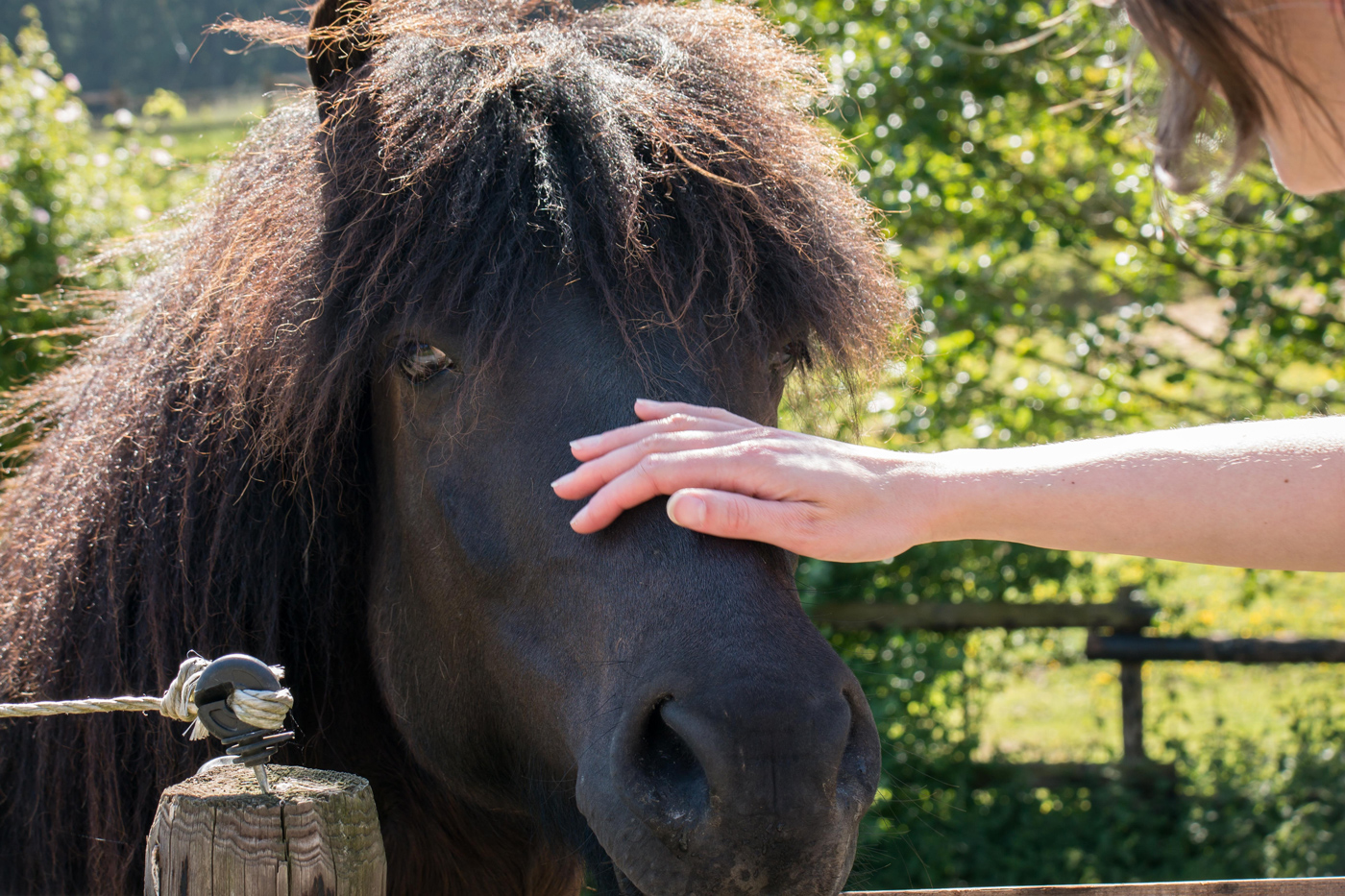Most horse owners adore their animals and would do anything to keep them fit, healthy and happy. But, unfortunately, some owners are less responsible and allow their horses to graze on land which is not theirs without the landowner’s permission. This is known as fly-grazing.
Fly-grazing is a persistent problem in the UK with thousands of horses being fly-grazed every year.
In recent years, the law has been strengthened to clamp down on the issue, but still landowners find themselves unwittingly accumulating horses which are not their own.
Fly-grazing is illegal for a number of reasons.
The lack of care the horses receive, and the irresponsible actions of their owners, are threatening the livelihoods of farmers and landowners, creating significant horse welfare problems, depriving the public use of public spaces and risking the lives of motorists.
If horses were left to graze on your land and they were to become injured or ill, you would be responsible for providing adequate and appropriate food and water, shelter and veterinary care, as per the law.
It’s unlikely these costs would be covered by standard horse insurance, so you would be left to foot the bill out of your own pocket.
It’s therefore important you know your rights and the law in case you should find yourself victim to fly-grazing. We’ll cover everything in the rest of this article.
What does the law cover?
As the British Horse Society explains, in 2015, the Animals Act 1971 was updated to include the Control of Horses Act 2015, giving landowners additional rights when dealing with horses that are unlawfully grazing on their land.
It meant that both enforcement authorities and private landowners could come together and protect both the public and the environment from the nuisance caused by these straying or abandoned fly-grazing horses.
The act affects people who allow their horses to graze on other people’s land without permission – whether they intend to do it or not. This includes when the landowner has withdrawn previous permission to graze.
The act only applies in England. Wales has The Control of Horses (Wales) Act 2014, however Scotland and Northern Ireland do not have corresponding legislation.

What can you do if you are a victim of fly-grazing?
If you discover a horse grazing unlawfully on your land, you can detain the animal or request that an equine bailiff come and do so.
Upon detaining the horse, you must inform the police within 24 hours of the situation, citing the relevant legislation.
As a means of following up the call, you should give notice in writing of the detainment (The British Horse Society has provided a template here) to the police officer in charge of the police station.
You should also display a notice of detention (another BSH template here) on the gate of the field where the horse is being fly-grazed, or in a visible position near to the horse if tethered.
Be sure to include the time and date on the notices plus some contact details. The contact details do not have to be your own – in fact, the BSH recommends putting the police’s contact details down.
If you suspect you know the owner of the horse(s), you should also serve a notice to them.
You must continue to detain the horse for a total period of four working days (96 hours), excluding weekends or bank holidays.
It is within the owner’s rights – and often your best interests – to claim back the animal within this detention period.
If someone comes forward to claim back the horse, you must carry out all relevant checks that they are indeed the owner – a valid passport for the horse is a strong indicator, alongside photos of the horse, vet bills or a bill of sale.
If nobody comes forward for the horse within the detention period, then the person who detained it becomes the owner.
It’s up to you what you do with the horse – but you may wish to sell it. It is crucial to record all your actions so that you are able to prove that you have acted within the law.
When serving a notice, make sure you take a picture so you have evidence that it was done.
Who keeps the proceeds of any sale?
As you might expect, if ownership of the horse has transferred to you following the detention period and you choose to sell the horse, you have the rights to keep any proceeds of sale.
The previous owner has little basis to claim the monies, provided that you followed the notice procedures as outlined above.
However, before proceeding with the sale of the horse, you should ensure that you have a valid passport for the animal – it is an offence to buy, sell or re-home a horse without this documentation.
To find out whether the horse has had a passport issued to it in the past you could get the animal scanned for a microchip (your vet should be able to provide this service).
If the horse does not have a microchip then this may indicate that the horse has not had a passport issued to it before.
However, microchipping only became mandatory in 2009, so if it’s an older horse, it may have a passport that predates this.
If there is any doubt as to whether the horse has previously had a passport, then a replacement passport must be sought.

Who is liable if the horse gets injured?
If there’s a horse fly-grazing on your land, and it gets injured or hurt, you are responsible for giving it food and water, shelter and proper veterinary care under sections 4 and 9 of the Animal Welfare Act 2006.
You can try and make attempts to claim back any vet bills, but claiming this money back may present a challenge and you will need to seek legal advice on how to do this – especially if the owner doesn’t come forward for the animal.
Protect your horse with horse insurance
Being a responsible horse owner means having adequate horse insurance in place in case your equine needs emergency care.
Equesure’s team specialise in equine insurance and has over 60 years of combined equestrian knowledge to help create a bespoke plan tailored to your requirements.
Horse insurance arranged through Equesure can provide you with a range of benefits including:
- Vet fees up to £4,500 per incident
- An additional 10% discount for insuring more than one horse
- Saddlery and tack cover
Get a quick quote for horse insurance today.
Policy benefits, features and discounts offered may very between insurance schemes or cover selected and are subject to underwriting criteria. Information contained within this article is accurate at the time of publishing but may be subject to change.





